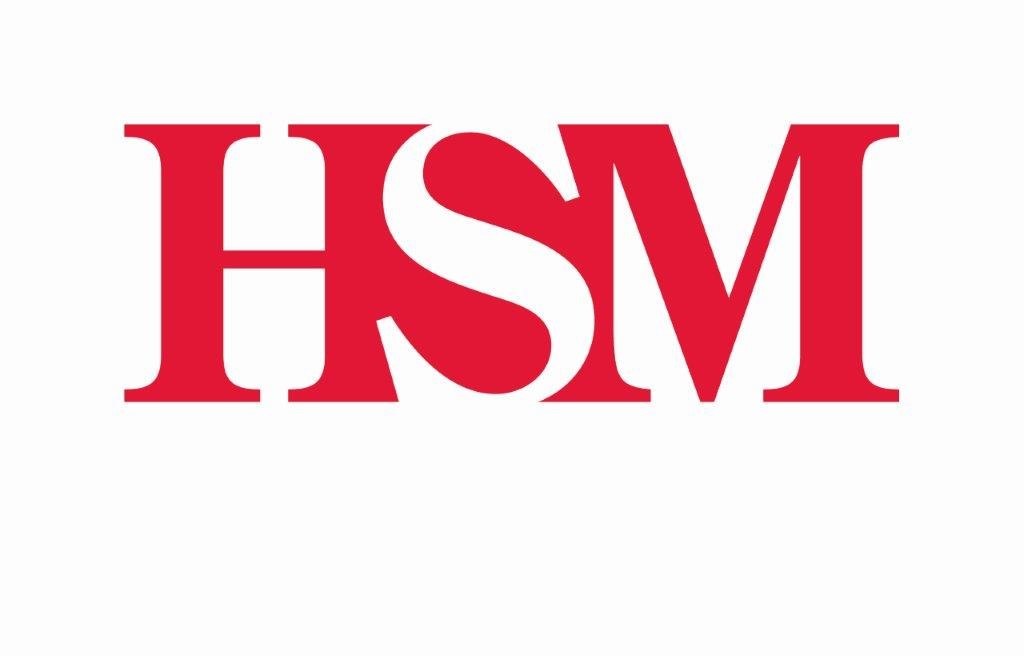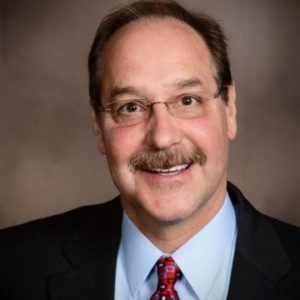

About Tim Isenhower
Tim Isenhower, Director of Benefits – has worked with HSM and their self-insured health insurance for the past 25 years. Managing a self-insured health plan through the 90’s to today has provided him the opportunity to think out of the box for reduced healthcare cost programs including direct contracting, on site clinics, chronic disease management, and medical tourism. With IndUShealth, Tim and HSM were pioneers in self-insured companies offering medical tourism, as was presented on ABC News and Nightline.
About HSM
HSM is a privately-owned holding company based in Hickory, North Carolina, that specializes through its subsidiaries, in the manufacture of components for the furniture, bedding, transportation, packaging and healthcare industries, and the design and construction of automated production machinery for the bedding, apparel, aerospace and other industries.
Medical Travel Today (MTT): As a pioneer in the medical travel phenomenon, your story and your company’s role is so intriguing.
Tim Isenhower (TI): We are a manufacturing company and have had facilities coast to coast, as well as technologies in small towns and big cities. We were negotiating discount rates with hospitals across the country, where prices varied based on location.
I went to a human resource seminar in Raleigh in 2007 and Rajesh Rao’s company, Indus Health, was presenting medical travel to India as an option for employers. I went to India with Raj and his team, and got a physical exam which took less than six hours. In the U.S., this type of physical would have taken a month, from schedule to results.
So, we began offering medical travel to India for our employees during our annual enrollment process. We told them that if they chose to have a medical procedure done in India we would pay 100 percent, including travel with a companion.
We got no takers in the beginning. But at one of our final meetings, a fork lift driver from one our plants volunteered to have a knee replacement done in India – he simply couldn’t afford to have it done in the U.S.
He had never even been inside an airport, so I went with him and his travel companion. I was a little nervous because he had no experience traveling. But we got to India, and he actually did very well. He was impressed by the level of treatment he received.
When he returned home, he wrote a testimonial for our company newsletter. After that, more of our employees started traveling to India.
Soon word-of-mouth inspired more of them to get their surgeries in India because they saw what a positive experience it was.
MTT: So why did you shift your destination away from India?
TI: The cultural differences and distance resulted in many of our employees becoming homesick.
So, we started looking closer to home for medical care options. We have a large Hispanic population and Costa Rica had a history of high quality healthcare. We chose that area as the new medical travel destination.
Mostly, we send people for gastric procedures, joint replacements, back surgeries, hernia surgeries – a wide gamut of procedures.
Positive word-of-mouth has kept up the level of interest, and we also visit every location each year to promote the medical travel offering so more employees can understand its benefits.
MTT: And now you have expanded to Cancun. Do you find that there are other opportunities?
TI: We have. We had a patient go to Cancun just a couple of months ago. She did very well and that was a little different concept because it was an American doctor who flew down to Cancun to do her hip replacement. She was very happy with the services, pricing and results. We also send people to the Cayman Islands for various surgeries.
MTT: What has this experience meant to you, as an employer, beyond the cost savings?
TI: It’s really benefitted employee morale, to have a chance to travel to a place like Costa Rica, Cancun or the Cayman Islands. They come back and tell everyone about what a positive experience it was.
We’ve also been able to use our medical travel option as a recruitment tool.
What’s more, we saw our worker’s comp costs decline.
I get thank-you notes from our medical travelers all the time, and we publicize these positive experiences within the company.
There’s no charge to the employee, and we give them a bonus when they return of 20 percent of what they saved the company.
MTT: Wow! That’s very generous.
TI: Up to $10,000. We are just trying to be a good employer, and this is just one way of doing that.
MTT: Do you know how many of your employees travel for surgery every year?
TI: I have lost count. We have roughly 2,500 employees now, and we’ve probably sent about 500 of them during the period of time that we have been doing this.
MTT: Did you ever have any unexpected outcomes?
TI: We’ve had people who had issues with back surgery, and they weren’t allowed to come home until the issue was resolved. But it was resolved.
They got better, came home and are doing very well.
That doesn’t always happen in a U.S. hospital. Here if a patient has issues down the road, they are on their own.
MTT: No legal issues?
TI: Fortunately, no. And the program is growing.
We’ve had everybody from executives to line workers utilize the program. Not everyone qualifies. A few have been eliminated because they have comorbidities that makes traveling for surgery unsafe, so these few were turned away.
MTT: And if you had to improve the program in any way, what would you suggest?
TI: I don’t know how I’d improve it.
Everybody that comes back is ecstatic about the program. The folks at Indus Health make it work. I know other administrators who couldn’t make it work. But Indus Health’s nurse case managers and screening process make it a no-brainer.
Rajesh Rao: We work very hard to make sure our patients are happy with our services. We don’t promise what we can’t deliver.
We work hard with our destinations to make sure we can provide assistance and high quality outcomes because that is what sells the program.
Jim Polsfut: I would like to add that it is a pleasure to work with Indus Health for all the reasons that Tim mentions. Their expertise and thoroughness have worked out very well with us.
We focus on three main objectives.
First, the quality outcomes.
Second, the satisfaction that we get from helping patients save money. In the U.S., it is so expensive to receive medical care even when you have a health plan. In that regard, the patient benefits in a significant way.
Finally, the cost benefit to the employer. For self-insured employers, this is important because of the hyperinflation of medical costs in the U.S. It’s difficult for employers to avoid the impact of healthcare expenses.
All of these factors motivate us, and give us a lot of satisfaction to provide a quality medical travel option.